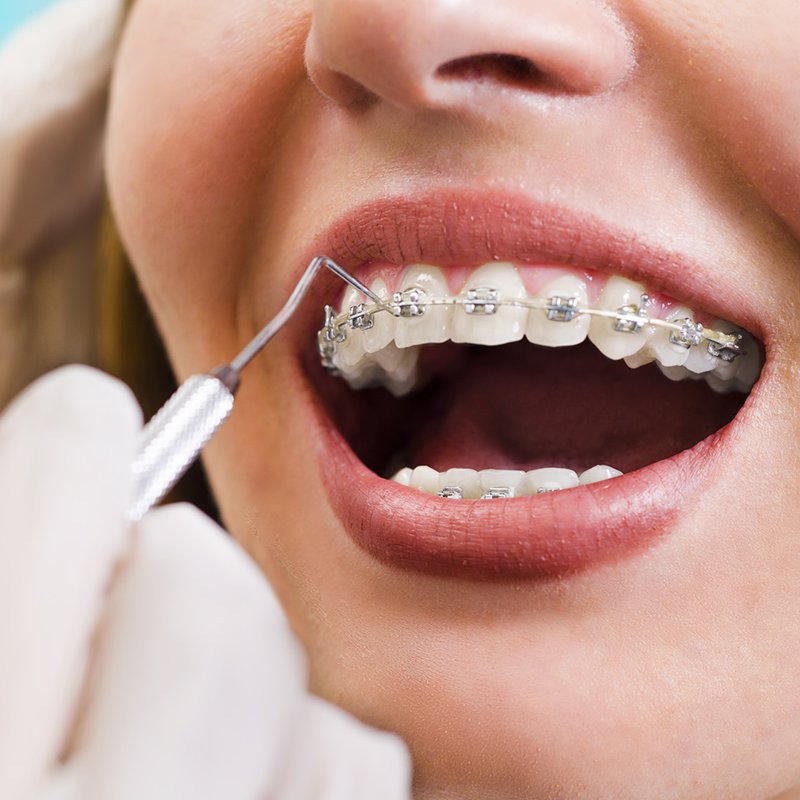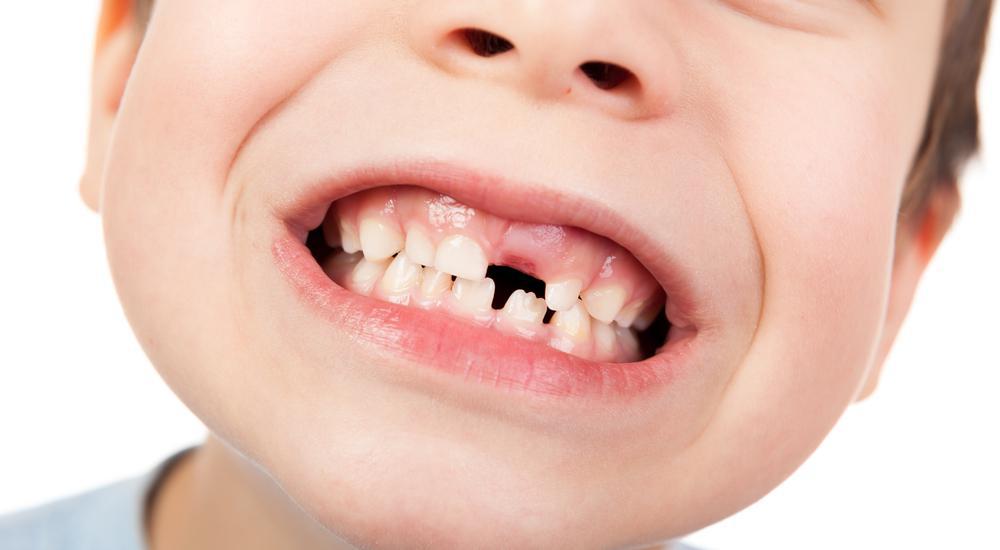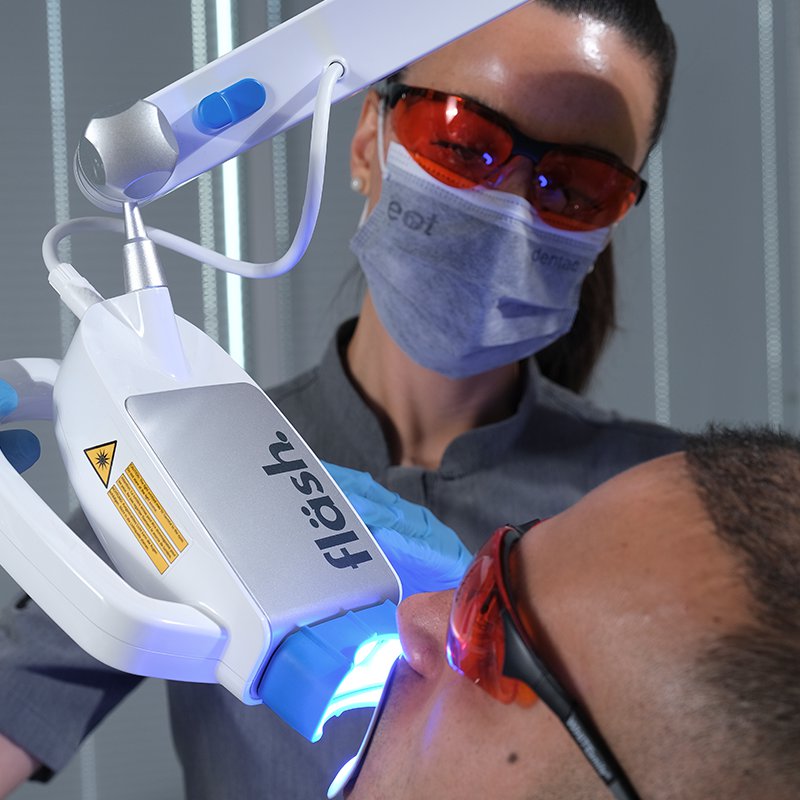Periodontology – Gum Diseases Ankara Turkey
Why is periodontology important?.
“If you take care of your immediate surroundings, the universe will take care of itself.” – Mahatma Gandhi
Gum diseases range from simple gingivitis to serious infections such as inflammation of the bone surrounding the tooth root (periodontitis). The gums swell, bleed and recede, your teeth may move or you may lose your teeth as a result of gum disease.
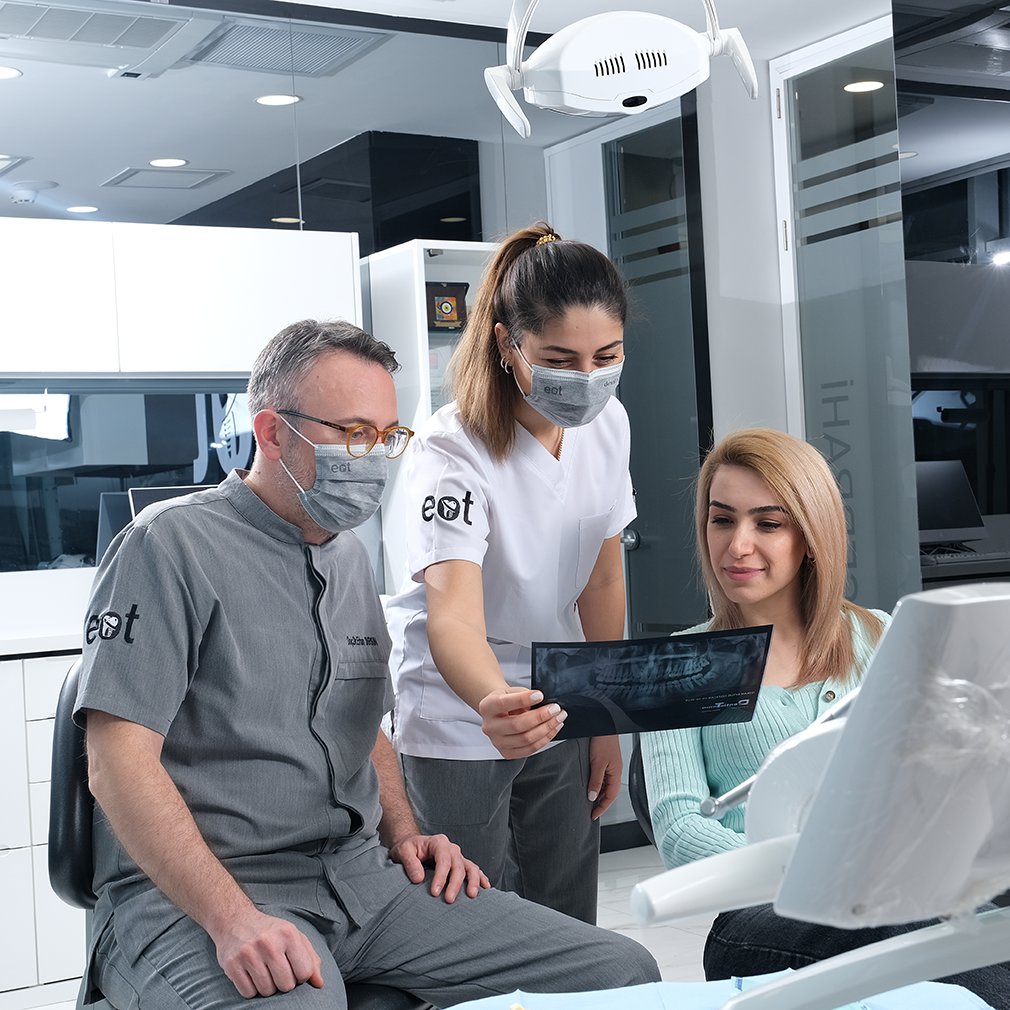
What is Gum diseases?
Gum disease is defined as inflammation of the gums, known as gingivitis, and if this condition becomes serious, it is defined as periodontitis, a table in which the connective tissue and bone surrounding the teeth become inflamed and lost. Gum disease is caused by plaque, which is a film of bacteria that is sticky and forms on the teeth. When plaque is not removed, it can cause the gums (gum) to separate from the teeth, creating empty pockets where more bacteria can collect. The remaining plaque turns into calculus when it hardens with the minerals in your saliva and if not treated by a periodontologist, it can damage the connective tissue that supports your teeth and the surrounding bone.
What are symptoms of gum diseases?
Gum disease is normally a “silent” disease, not causing pain.
- Red and sensitive gums
- Persistent bad breath
- Bleeding of the gums during brushing, flossing or spontaneously bleeding
- Receding gums
- Gums that separate from the teeth easily
- Occasional swelling or tenderness of the gum
- Development of spaces between the teeth
How to treat periodontitis?
The method of treating periodontitis is determined depending on its severity and is aimed at completely removing the bacteria in order to stop further damage, so that the person can maintain a healthy oral hygiene.
-
Professional teeth cleaning
Plaque and calculus are usually removed using hand tools and ultrasonic devices.
-
Scaling and root planing (deep teeth cleaning)
Another method is root trimming, which smoothes root surfaces and prevents further tartar formation in the process.
-
Periodontal flap surgery
If periodontitis has advanced, your gum tissue may not respond positively to non-surgical treatment. In this case, periodontitis treatment may require dental flap surgery. In this procedure, the periodontist will make small cuts in the gum so that some of the gum tissue can be folded back. This exposes the roots so better planing and scaling can take place.
-
Bone grafting – augmentation
Bone graft is used when periodontitis destroys the bone around the root of the tooth. The dentist places a piece of bone graft material and/or membrane between the tooth and the existing bone.
- Gum tissue graft surgery
Soft tissue grafts can be used when gum tissue is lost due to periodontal disease, when the gum line regresses, causing teeth to appear longer than normal. Damaged tissue may need to be replaced by taking a small amount of tissue from the palate and gluing it to the affected area. This can stop further gum recession and improve the overall appearance of the teeth.
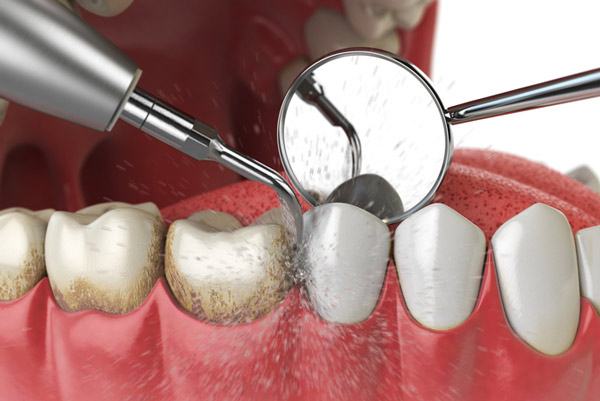
Does periodontal treatment really work?
It works in 85 percent of patients who receive early treatment.
Treatment works best before serious damage occurs to the tissue that connects the teeth to the bone and the teeth are lost.
Therefore, it is very important for patients and dentists to pay attention to the early warning signs of gum disease.
Treatment gives better results in non-smokers than in smokers.
What is the relationship between periodontitis and other diseases?
Diabetes
Periodontal disease treatment may even help reduce other health risks, such as diabetes. It lowers blood sugar levels and reduces the need for insulin.
Cardiovascular disease
Bacteria that cause periodontal disease can join the blood circulation and attach to the damaged heart valve and can further the disease, so periodontal treatment also provides benefits for heart health.
Pregnancy
Increased hormone levels during pregnancy can affect the way the body responds to dental plaque, and this can lead to swollen and bleeding gums (gingivitis).
A pregnant woman with poor gum health is at higher risk of having preeclampsia, giving birth prematurely, and giving birth to a low-weight child.
Is periodontal treatment painful?
You can expect some discomfort from periodontal treatment, but it will probably be much less than you fear.
It is to get help from a periodontist experienced in gum and diseases that will help you get through the process in the easiest way. Also, recent advances in dental techniques and equipment, in addition to the use of local anesthetics, have made periodontal treatment less painful.
How long does it take to treat gingivitis?
Patients who comply with their dentist’s recommendations will often see their condition reduce dramatically within two or three weeks.
What can I do to prevent periodontal disease?
Inflammation of the gums is neither normal nor inevitable. Gum diseases – gingivitis and periodontitis – can be prevented by taking care of your teeth and gums. You should establish good oral hygiene habits and have regular (at least once a year) professional dental check-ups.


